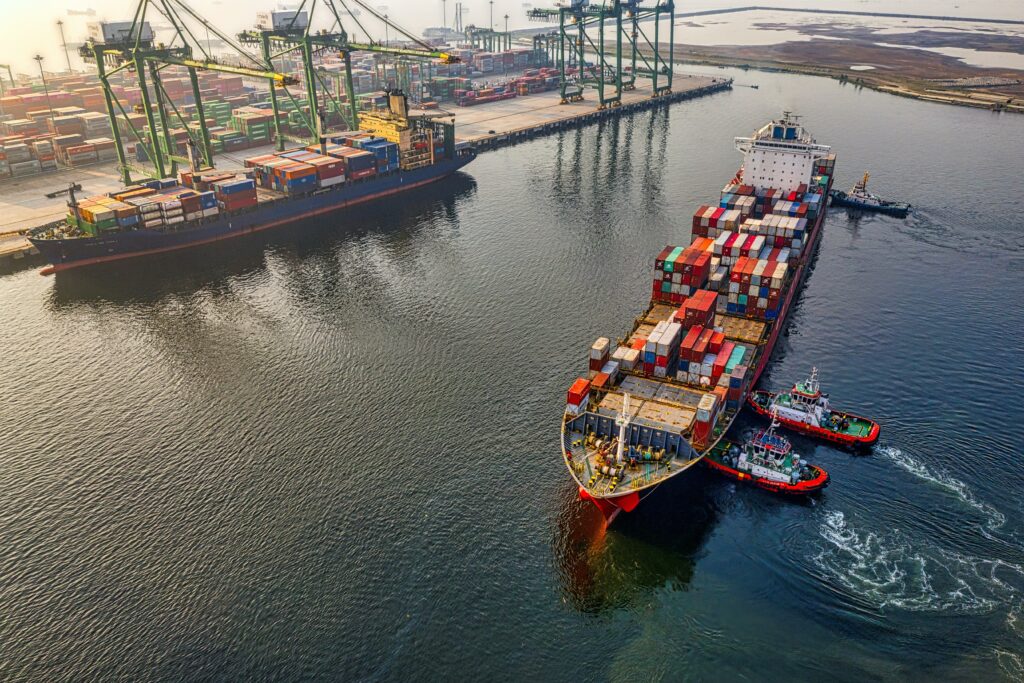IFS has had a busy end of the month, most recently taking the spotlight with a strategic acquisition of Falkonry AI, a California-based Industrial AI software company, which provides automated, high-speed data analysis to the manufacturing and defense industries.
The acquisition is expected to complete in Q4 this year and will make IFS’ ERP, Enterprise Asset Management (EAM), Field Service Management (FSM) and Enterprise Service Management (ESM) functionality able to offer AI-generated anomaly detection across its entire platform.
It follows its acquisition of Poka, a provider of connected worker technology, and also the sharp rise in AI demand from both new and existing customers which was noted in IFS’ financial results in July.
Falkonry’s AI-based, self-learning solution works by continuously monitoring large volumes of data for assets, machines, systems and industrial processes to discover and analyze unusual behavior and causes of failures.
The addition of Falkonry’s self-learning anomaly detection solution will extend IFS’s existing enterprise simulation and AI-based scheduling and optimization capabilities in EAM across its ERP, Manufacturing Execution System, Planning, Scheduling, Optimization, FSM and ESM technology.
As an added layer, Falkonry’s automated and self-learning AI also enables organizations to democratize intelligence, enabling operational users to take timely actions to prevent asset downtimes, quality issues and emission violations and automate process and workflow improvements.
When combined with IFS Cloud, the Falkonry software, together with Poka, is expected to position IFS as a compelling vendor for organizations wishing to establish smart factories.
Nikunj Mehta, CEO of Falkonry, said: “The convergence of artificial intelligence and industrial processes has become increasingly crucial for organizations seeking to enhance productivity through data.
“We are thrilled to join forces with IFS and looking forward to combining our unique strengths to provide a truly compelling value proposition to our existing customers as well as IFS’s customers. Becoming part of IFS will enable us to further innovate and extend the value we create for our customers.”
Moelven picks IFS Cloud in partnership win
Also, in the run up to September, IFS announced a partnership with Scandinavian distributor of building materials and related services, Moelven Industrier, a manufacturer of wood building products and systems serving the European market.
The Scandi wood processing firm has announced that it has chosen to upgrade its existing IFS ERP software IFS Cloud to support its daily operations and expand into new territories across its supply chain, finance, manufacturing, warehouse and maintenance operations.
Set to roll out the upgrade to Moelven’s 41 operative units across Norway and Sweden, IFS will help Moelven fulfill its goal of integrating an ‘evergreen’ ERP platform that is agile and flexible enough to enable resilience against changing market dynamics and changes in internal processes.
Morten Kristiansen, group CEO of Moelven Industrier, said: “After more than 25 years working together, we see IFS as an important partner to our own operational team. They understand our strategic vision and they share our strong focus on increased competitiveness through continuous improvement and development. Implementing IFS Cloud will improve our business processes and enable us to benefit from enhanced scalability and agility.”
It follows another Scandinavian partnership with Tele2, a Swedish integrated telecommunications services provider, who is set to implement the latest version of IFS Cloud to improve its core operations and achieve more with its 5G offering.
IFS chooses Tech Mahindra as sole distributor in India
Elsewhere in its string of business developments, IFS also recently announced that Tech Mahindra, a provider of digital transformation, consulting and business re-engineering services and solutions, is becoming the exclusive distributor of IFS solutions in India, including the IFS Cloud platform across Field Service Management, ERP and EAM.
As the exclusive distributor for IFS, Tech Mahindra will leverage its expertise and market presence in India to introduce and distribute IFS’s cloud technology across asset and service-centric industries.
Jinender Jain, head of sales, UKI of Tech Mahindra, said: “The Tech Mahindra and IFS partnership has had a significant transformation over the past 17 years. From being a services partner initially to co-creation of IP, R&D and Global Support Services for industry-specific solutions for our mutual clientele across UK, Sweden and now in India.
“This strategic alliance underscores our dedication to addressing the growing market demand for IFS solutions while delivering faster return on investment with Tech Mahindra’s digital transformation experience. Tech Mahindra’s expertise and the proven excellence of IFS’s cloud solutions will start a new era of growth and success for businesses in India and globally.”
Together, this spread of recent announcements all seem to fit snugly into IFS’ wider strategy as, amongst more considered cloud investments from customers, CEO Darren Roos continues his focus on strengthening the company offering with new acquisitions and integrating new capabilities into IFS’ subscription-based business model. Customers are prioritizing careful technology investments and, as part of that, choosing when and where to extend their IFS footprint. To keep cloud growth steady, why not make them a better offer?





